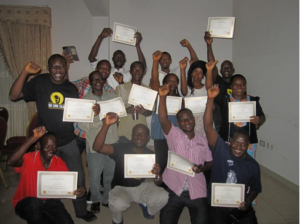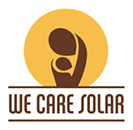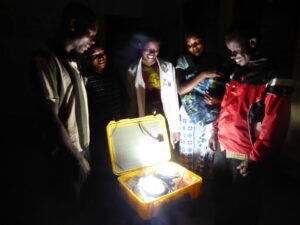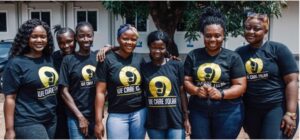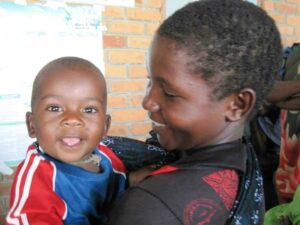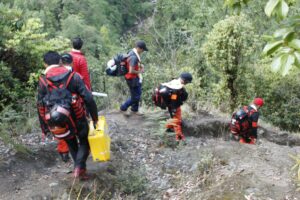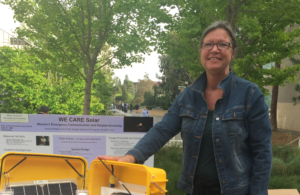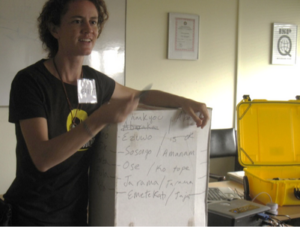
“How do you say ‘thank you’ in your language?” When We Care Solar lead trainer Merritt Gates asked this question on the first day of our Regional Training in Ghana, the answers were numerous. Each of our participants from three West African nations had a different word for “thank you,” not too surprising given the fact that Africa has 1,500 – 2,000 different languages!
NGO program managers and technicians from West African NGOs and government ministries had come together to learn how to use and install Solar Suitcases in their own countries. Through a grant from UNDESA, We Care Solar was able to create a training program for diverse organizations. All of our new partners were working to strengthen maternal health care, and all were eager to bring solar electricity to underserved health centers. Representatives from Pathfinder Nigeria, Africare Liberia, Public Health Initiative Liberia, and Ministry of Health and Social Welfare of the Gambia had successfully navigated a rigorous selection process. Upon successful completion of the Regional Training, each of these four organizations was promised a donation of 40-50 Solar Suitcases for their local health centers.
The training program took place at Deng Solar Training Centre in Accra, Ghana and included 2 days of classroom training and 5 days of Solar Suitcase installation at actual health facilities. Participants learned about solar electricity, tool use, safety skills, installation of solar panels and Solar Suitcases, and how to teach health workers to properly use the Solar Suitcase.
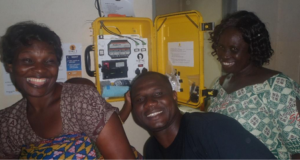 After the classroom instruction, We Care Solar trainers and trainees practiced installing Solar Suitcases at 10 health facilities in Accra, Akwapem South and Agona East. They carried ladders, climbed on rooftops, used power tools, installed Solar Suitcases, and helped each other become better technicians and teachers.
After the classroom instruction, We Care Solar trainers and trainees practiced installing Solar Suitcases at 10 health facilities in Accra, Akwapem South and Agona East. They carried ladders, climbed on rooftops, used power tools, installed Solar Suitcases, and helped each other become better technicians and teachers.
We Care Solar knew that this pilot program would be beneficial. We were eager to support MCH programs in countries where maternal mortality was high and electrification was low, we wanted to amplify the impact of our programs by training multiple partners at once, and we wanted a way to engage new partners in countries outside of our target programs.
 The benefit we didn’t count on was the cultural exchange and comradery of people from different countries and even different regions within their own country working together towards a common goal: to improve maternal health in West Africa through the gift of electricity.
The benefit we didn’t count on was the cultural exchange and comradery of people from different countries and even different regions within their own country working together towards a common goal: to improve maternal health in West Africa through the gift of electricity.
Over half of the participants had never been outside of their home country and moreover had had very little contact with any other culture than their own. By the end of the week-long training program, Liberians, Gambians, Nigerians, and Americans had become fast friends. Everyone exchanged contact information and said goodbye to each other with the promise of keeping in touch. As our partners prepared to return to their own countries, they thanked us for their new knowledge and the gift of light. And we, in turn, shared our gratitude to our new friends for their enthusiasm and shared dedication to lighting up childbirth.